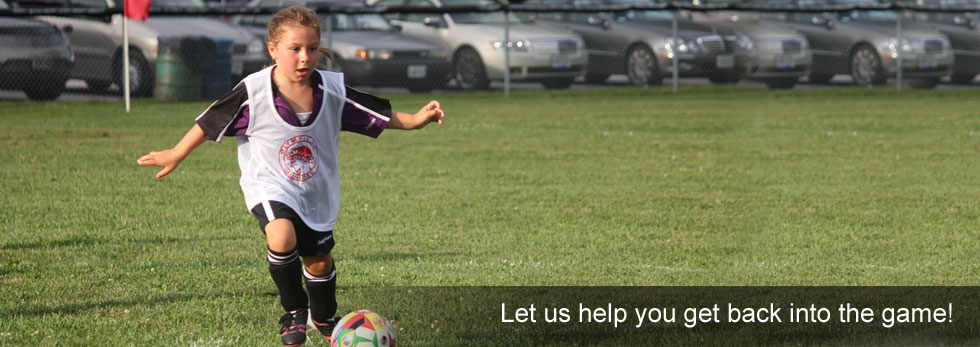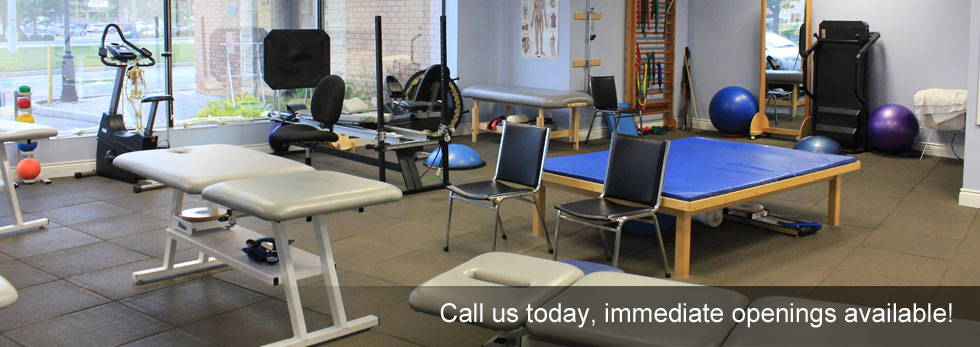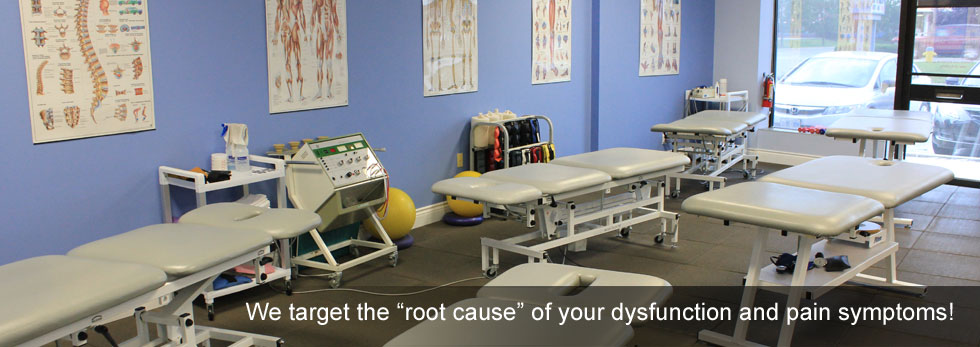Our 16-year-old daughter was just diagnosed with patellofemoral pain syndrome. What can you tell us about this? Was she born with it? Or is she doing something wrong in her exercise routines that have brought this on?
Athletes aren't the only ones to develop knee pain from a condition called patellofemoral pain syndrome (PFPS). Many people of all ages in the general public develop this problem, too. It sounds like your daughter has joined in as well!
The patella, or kneecap, can be a source of knee pain when it fails to function properly. Alignment or overuse problems of the patella can lead to wear and tear of the cartilage behind the patella.
This produces pain, weakness, and swelling of the knee joint. Several different problems can affect the patella and the groove it slides through in the knee joint. Patellofemoral pain syndrome is one of them.
A brief review of knee anatomy may help you understand this problem better. The patella (kneecap) is unique in that it is wrapped inside a tendon that connects the large muscles on the front of the thigh, the quadriceps muscle, to the lower leg bone.
Tightening up the quadriceps muscles places a pull on the tendons of the quadriceps mechanism. This action causes the knee to straighten. The patella acts like a fulcrum to increase the force of the quadriceps muscles.
The underside of the patella is covered with articular cartilage, the smooth, slippery covering found on joint surfaces. This covering helps the patella glide (or track) in a special groove made by the thighbone, or femur. This groove is called the femoral groove.
Two muscles of the thigh attach to the patella and help control its position in the femoral groove as the leg straightens. These muscles are the vastus medialis obliquus (VMO) and the vastus lateralis (VL). The VMO runs along the inside of the thigh, and the VL lies along the outside of the thigh. If the timing between these two muscles is off, the patella may be pulled off track.
What causes this muscular imbalance? That's been the focus of many, many studies. In a recent study, researchers found that the cross-sectional area of the VMO was smaller at the patellar level in the patients diagnosed with patellofemoral pain syndrome (PFPS). In fact, the entire quadriceps muscle was smaller in the PFPS group when measured at the midthigh level.
But these findings don't answer the question: which came first -- the PFPS or the change in muscle size? Maybe people born with a smaller vastus medialis obliquus (VMO) are more likely to develop PFPS. Or maybe the pain of PFPS leads to inactivity and the muscle begins to waste away and get smaller.
For now we know that there is atrophy of the VMO in patients with patellofemoral pain syndrome. This is new information that hasn't been published before. And since we know the VMO is important in stabilizing the patella during knee motion, it seems logical that the smaller size of this portion of the quadriceps could be a key to directing prevention and treatment. Understanding the cause and effect of VMO size and PFPS will be the focus of future studies.
Reference: Els Pattyn, PT, et al. Vastus Medialis Obliquus Atrophy. In The American Journal of Sports Medicine. July 2011. Vol. 39. No. 7. Pp. 1450-1455.

















